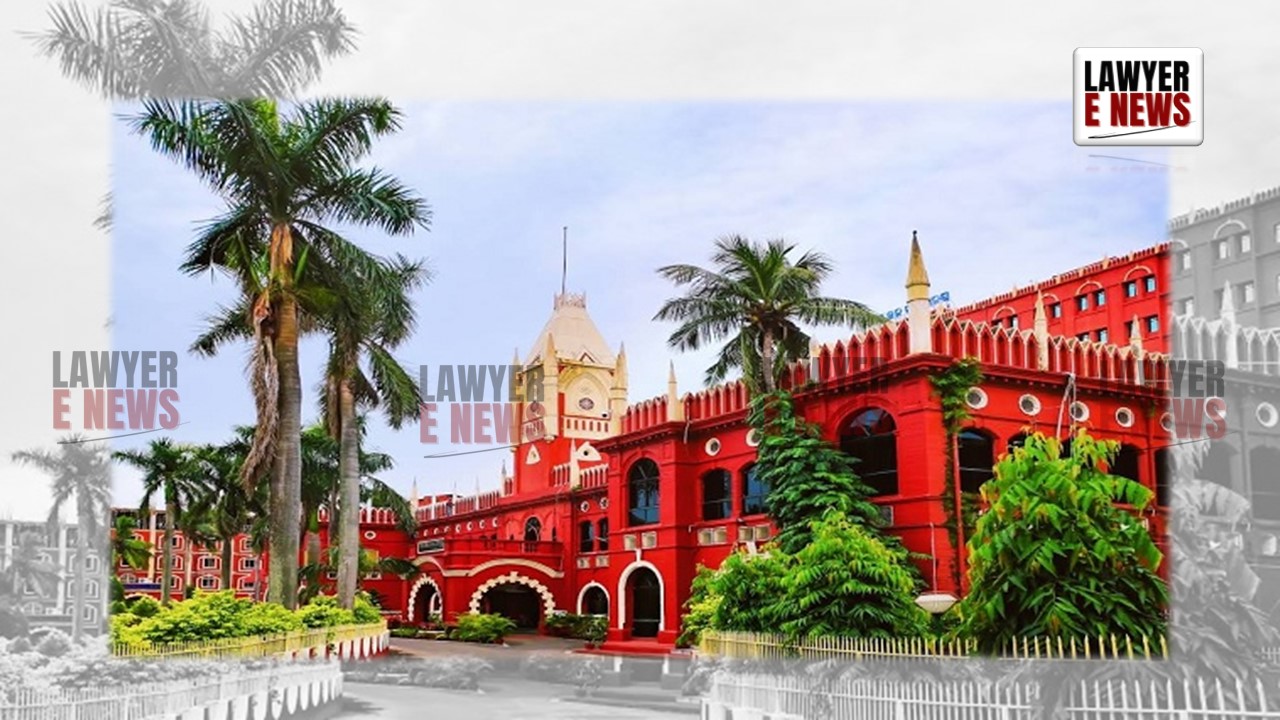-
by Admin
15 February 2026 5:35 AM



Orissa High Court acquitted Kharjim Lachhna Rao and Kharjim Bandhu, reversing their 2010 conviction for the murder of Bandhu’s ex-wife, Kumari. The court found significant gaps in the evidence presented by the prosecution, including the failure to conclusively establish the identity of the remains or prove that Kumari's death was homicidal. The ruling emphasized the necessity of incontrovertible proof in cases relying heavily on circumstantial evidence.
The case arose from the alleged murder of Kumari, the second wife of Kharjim Bandhu. Following a turbulent marriage and village-mediated divorce, Kumari disappeared in June 2008. Her skeletal remains were discovered weeks later near a jungle stream. The prosecution claimed that Bandhu and his accomplice, Kharjim Lachhna Rao, had killed Kumari. In September 2010, both men were convicted under Section 302/34 IPC and sentenced to life imprisonment.
The appellants challenged the conviction, arguing that the evidence linking them to Kumari’s death was circumstantial and inconclusive.
The primary legal issue revolved around whether the prosecution had established the corpus delicti (body of the crime) and conclusively linked the appellants to Kumari’s death.
Eyewitnesses (P.W.1 and P.W.2) testified to witnessing the appellants killing Kumari with a “Kati” (weapon).
Forensic evidence indicated the skeletal remains belonged to a female approximately 25 years old, consistent with Kumari's description.
Circumstantial evidence included the recovery of the weapon allegedly used in the crime.
The defense questioned the reliability of the eyewitnesses, citing inconsistencies and significant delays in their testimonies.
Forensic evidence did not reveal antemortem injuries on the bones, undermining the claim of beheading.
The prosecution failed to conclusively identify the remains as Kumari’s or prove the cause of death.
The Orissa High Court, after reviewing the evidence, found several shortcomings in the prosecution’s case:
Uncertainty Over Identity of the Remains: The court highlighted the lack of conclusive evidence proving that the bones discovered near the jungle stream belonged to Kumari. Forensic tests comparing hair samples from the remains with Kumari’s personal effects showed no match.
Inconsistent Eyewitness Testimonies: P.W.1 and P.W.2, who claimed to have witnessed the murder, delayed reporting the crime and provided vague accounts. Their testimonies also conflicted with medical evidence.
Forensic Evidence Fails to Establish Homicide: The forensic examination of the bones did not indicate any antemortem injuries, directly contradicting the witnesses' statements that Kumari was beheaded. The court noted, "No definite opinion as regards the cause of death could be formed."
Weak Circumstantial Evidence: The court found that the recovery of the weapon, a "Kati," from a public area diminished its probative value. Additionally, the absence of blood traces on the clothing and weapon further weakened the prosecution’s case.
In light of these inconsistencies, the court ruled that the prosecution had failed to prove the guilt of the appellants beyond a reasonable doubt.
The Orissa High Court set aside the 2010 conviction and acquitted the appellants, ordering their release. The court stressed that criminal convictions must be based on solid and incontrovertible evidence, and in this case, the prosecution's failure to meet this standard warranted acquittal.
Date of Decision: 25th September 2024
Kharjim Lachhna Rao & Another vs. State of Odisha
